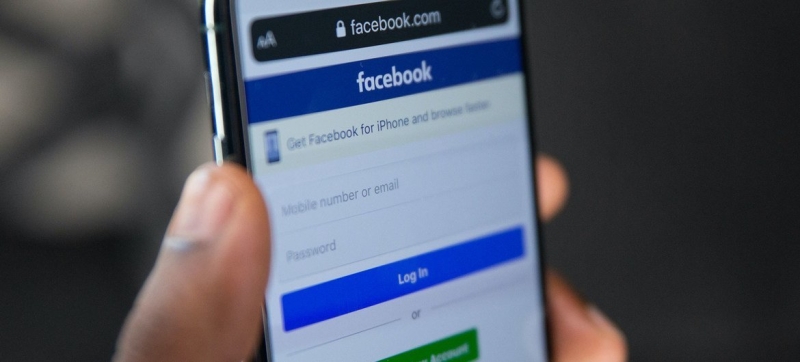
The UN High Commissioner for Human Rights calls for regulation of the digital space and, by extension, protection of public discourse and the dignity of all participants. ‘Regulation is not censorship’: UN rights chief on Meta’s decision to stop fact-checking Human Rights
Hateful and divisive social media posts have “real consequences” and companies have a responsibility to regulate content, the UN High Commissioner for Human Rights said on Friday, following Meta’s decision to end its fact-checking program in the United States.
Regulation is not censorship
“Allowing hate speech and dangerous content online has real consequences. Regulating this content is not censorship,” Volker Türk wrote on the X platform.
In a post on LinkedIn, Türk said that by allowing hate speech, social media companies are restricting free speech and ignoring the “real harm” it can cause to users.
Meta CEO Mark Zuckerberg announced Tuesday that the company would end its fact-checking program in the United States, noting that fact-checkers can be politically biased and that self-regulation leads to excessive censorship. He called for a return to freer speech on Meta platforms, adding that user trust had been undermined.
The International Fact-Checking Network (IFCN) reportedly rejected Zuckerberg’s “false” argument and warned of the dangerous consequences of his decision.
Digital Potential
Volker Türk emphasized that social media platforms have a huge capacity to positively influence society by bringing people together. But they can also fuel conflict and pose a real threat to the safety of users.
“Ideally, social media is a place where people with different views can exchange views, even if they disagree,” he said.
The High Commissioner noted that he will continue to call for the regulation of the digital space and, accordingly, the protection of public discourse and the dignity of all its participants.
The UN will provide fact-based information
The UN, for its part, constantly monitors and assesses the online space.
“It remains important for us to provide information, “The World Health Organization (WHO) has also reaffirmed its commitment to providing quality, evidence-based health information,” said Michel Zaccheo, UN Geneva’s spokesman for television, radio and webcasts.
The World Health Organization (WHO) has also reaffirmed its commitment to providing quality, science-based health information.
In response to the digital disinformation crisis, the UN Department of Global Communications, which includes UN News, is working hard to counter false narratives.
